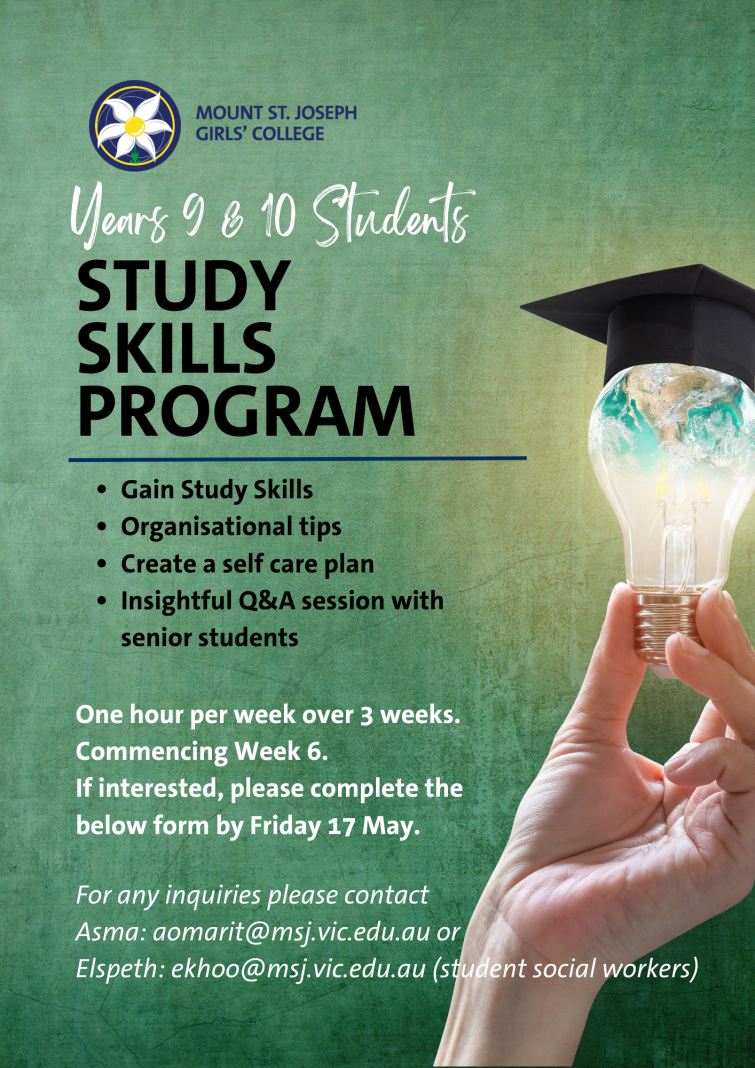Monday 13 May was allocated as a student free day, whilst staff undertook a professional development day. The development day was based on Feedback. Staff were able to review with our facilitator - Shane Crawford, the impact of effective feedback for our students. Shane had previously visited the College and met with students to review their thoughts on feedback and how effective feedback affected their outcomes. Staff worked in domains to review our current practices and set micro moves to ensure that we might be able to meet the needs of our students more effectively. Some of the micro moves that we are looking at include:
Development of a common language that is transferable across all learning areas
Being more explicit with students that we are providing feedback outside of actual assessment
Using sentence starters that link directly to what we are learning and teaching
Linking the feedback explicitly to the success criteria
Single-point rubrics
Feedback was a part of the College’s focus in the Annual Action Plan, which is set to align to school improvement.
Formal examinations provide students with the opportunity to demonstrate the depth of understanding of work covered over an extended period of time. It also provides students with first hand experience of formal examination procedures and requirements. The results, in conjunction with other assessment results, will provide students with significant feedback regarding areas of strength and areas of improvement.
On 23 May, formal presentations will occur to years 9, 10, 11 and 12 students. This will inform them of the examination timetables, procedures and requirements for the Semester 1 examination period. Letters will also be provided to families outlining the examination period.
All students must attend their scheduled exams in their full school uniform.
There are no scheduled classes for Year 11 students during these exams, so students are expected at school only for their timetabled exams. Year 9 and 10 students will be expected at school on the days of the examinations as their classes will be continuing as normal unless otherwise specified in their timetables.
During the examination week, Year 12 students will have no formal classes. They will be undertaking the General Achievement Test (GAT) and other scheduled School Assessed Tasks and Coursework. A timetable of these tasks will be provided to students on the 23 May.
The examinations are a compulsory component of the learning program. Where a student is unwell they have the ability to report the absence and then provide appropriate documentation which will allow for a rescheduled time.
Families and students have been provided with a copy of the code of conduct for examinations and I urge students to ensure that they are aware of their responsibilities.
At school we are working with students to educate about the examination process and about preparing for the tasks through assemblies and revision programs within their allocated classes.
Examination periods can be a stressful time in households and for students. With the right approach and effective strategies, the process and education from it can be quite rewarding. For families, Melbourne Child Psychology and School Psychology Services have been able to identify some strategies that can be implemented at home during this time:
1. Help them to understand their stress.
2. Help them set up a good study area.
3. Give them a break from household chores.
4. Help them to be active, to eat well, and to sleep well.
5. Look after yourself, too.
https://www.melbournechildpsychology.com.au/blog/practical-tips-for-helping-your-child-through-exams/ Accessed 22 May 2023.
The General Achievement Test (GAT) assesses student skills against new literacy and numeracy standards, which were introduced in 2022. The GAT is compulsory for all year 12 students and students undertaking a Unit 3/4 subject, as the task demonstrates essential skills for further study, training or employment. The GAT results are also important for checking that VCE external assessments and school-based assessments have been accurately and fairly assessed, and can be used if you have a Derived Examination Score (DES) approved.
The GAT will take place on Tuesday 18 June in two parts:
Section A assesses skills in literacy (reading and writing) and numeracy.
Section B assesses general knowledge and skills in mathematics, science, technology, the arts and humanities
Information for students has been developed by the VCAA and can be located at:
https://www.vcaa.vic.edu.au/Documents/GAT/2024GATBrochure.pdf
Students will be presented with information about the GAT and the VCAA rules and regulations at a GAT Chat on May 23.

Complete the form here: https://forms.gle/hmJh7ct3acTJ7AZ58






